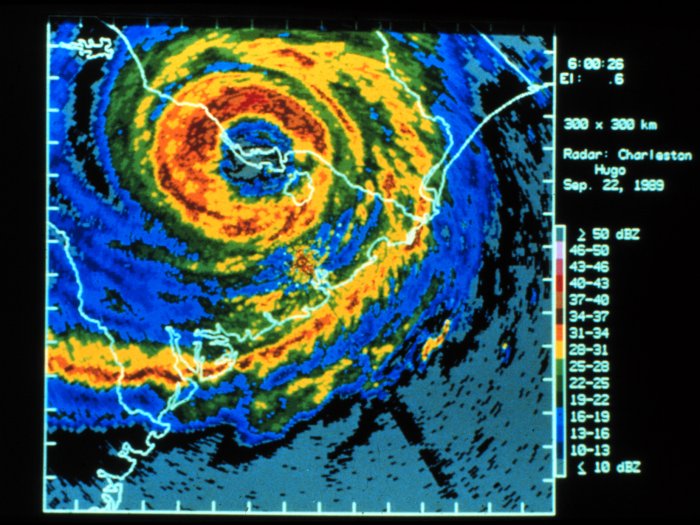
Our website is dedicated to promoting interest in and better understanding of weather. WeatherWing has been the #1 Weather Observer Certification Training source for Oil and Aviation Interests in the Gulf of Mexico since 1998.
Source: http://WeatherWing.com Copyright 2007 all rights reserved
| |||||

"I'd worked as an observer for years, but needed to re-certify. I learned more in this course than I ever imagined I could and I passed the exam with flying colors. I am also definately a better observer" TS, Louisiana
I knew nothing about weather at all. My new job depended on passing the weather observer certification test. Thanks to the patience and personal attention you gave us all, the entire class passed. JB, Texas
"When my company sent me to this class I thought I didn't need the training. I was wrong. Thanks" RB, Texas
You are the "Gold Standard" of teaching. Absolutely the best teacher I have ever had. DG, Louisiana

Copyright 2007 -2010 all rights reserved